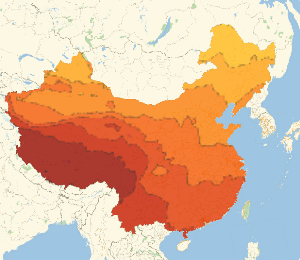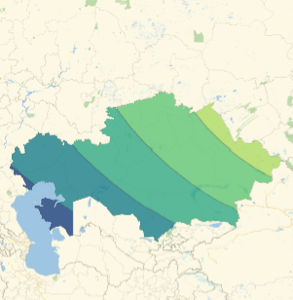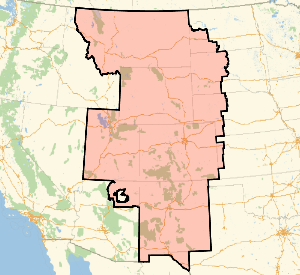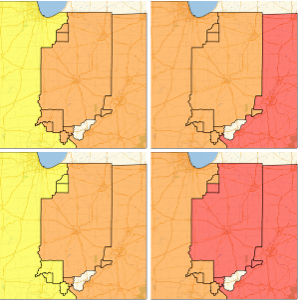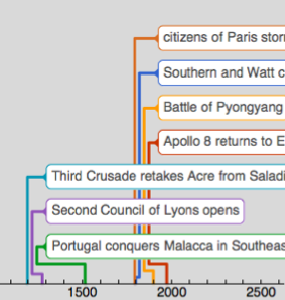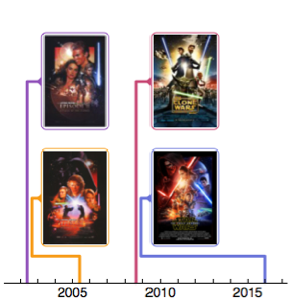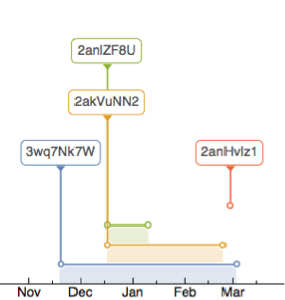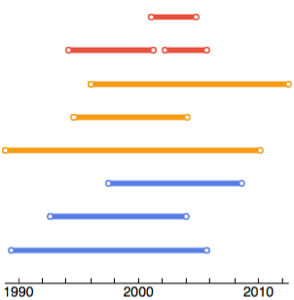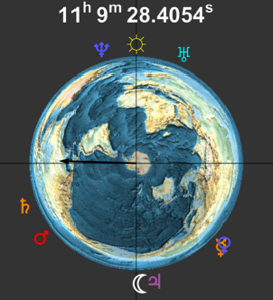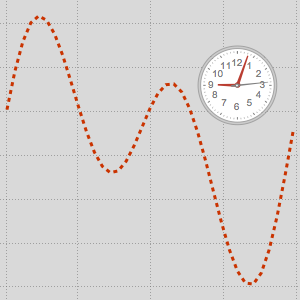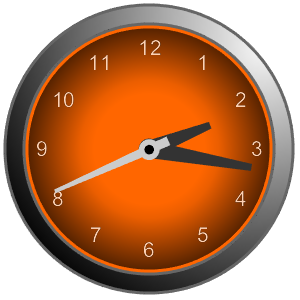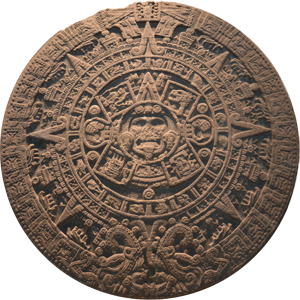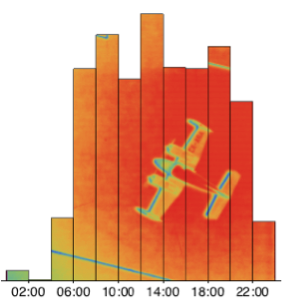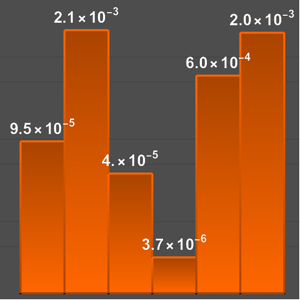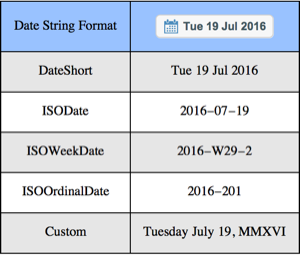Convert to the Mayan Calendar
Identify the epoch (or start date) for the Mayan Long Count calendar as a Julian date.
In[1]:=
epoch = JulianDate["Modified",
DateObject[{-3114, 8, 11}, TimeZone -> 0]];Create a function to convert from Mayan Long Count calendar units to a Julian date.
In[2]:=
JulianFromMayanLongCount[{baktun_, katun_, tun_, uinal_, kin_}] :=
epoch + 144000*baktun + 7200*katun + 360*tun + 20*uinal + kinFromJulianDate can be used to test an example input.
In[3]:=
example = JulianFromMayanLongCount[{7, 17, 18, 19, 2}]Out[3]=
In[4]:=
FromJulianDate["Modified", example, TimeZone -> 0]Out[4]=
Create a function to convert directly from Mayan Long Count to Gregorian date objects.
In[5]:=
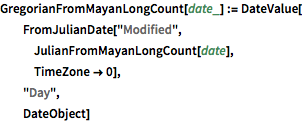
GregorianFromMayanLongCount[date_] := DateValue[
FromJulianDate["Modified",
JulianFromMayanLongCount[date],
TimeZone -> 0],
"Day",
DateObject]In[6]:=
GregorianFromMayanLongCount[{7, 17, 18, 19, 2}]Out[6]=
Create a function to convert from a Julian date to Mayan Long Count calendar units.
In[7]:=

JulianToMayanLongCount[date_] := NumberDecompose[
Floor[date - epoch],
{144000, 7200, 360, 20, 1}
]JulianDate can be used to interpret any date input into a Julian date, which is then fed into JulianToMayanLongCount.
In[8]:=

DateToMayanLongCount[date_] := Block[{$TimeZone = 0},
JulianToMayanLongCount[JulianDate["Modified", date]]
]This function will now accept any input date and will return the corresponding Mayan Long Count calendar date list.
In[9]:=
DateToMayanLongCount["May 4th, 2015"]Out[9]=
In[10]:=
DateToMayanLongCount[AbsoluteTime[]]Out[10]=
In[11]:=
DateToMayanLongCount[Today]Out[11]=
These two functions can be used to convert to and from the Long Count Mayan calendar.
In[12]:=
DateToMayanLongCount[{1900, 1, 1}]Out[12]=
In[13]:=
DateToMayanLongCount[{1900, 1, 1}];
GregorianFromMayanLongCount[%]Out[13]=
